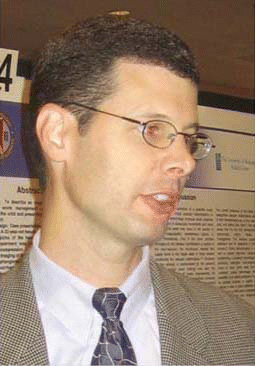International Head and Neck Surgeons Who Train in North America Find Benefits and Limitations When Returning Home
Coding: It’s All in the Details
Getting reimbursed properly for performing procedures is all in the details, especially in areas that can be confusing to code.
Report from the Society of University Otolaryngologists
Residency versus Fellowship in Otolaryngology: What is Practiced and Referred after Graduation?
Two studies presented at recent Triological Society meetings, both of which surveyed former otolaryngology residents about current otolaryngology surgical training and postgraduate practice and referrals, shed light on the direction in which the specialty’s training may need to move.

Balancing Work and Personal Life Requires Planning, Preparation, and Patience
Ask just about any resident or young physician just starting out in practice how his or her personal life is going and the most common response you will likely get is, What personal life? or something to that effect.

Louisiana Otolaryngologists Use Ingenuity and Community Spirit to Get Back to Business after Katrina
In late August of 2005, many of us watched from the relative safety of our homes and offices as Hurricane Katrina wrought havoc and devastation all along the Gulf coast.

New Resident Assessment Standards Slow to Catch On
New mandated requirements for residents at hospitals require the young specialists to do a lot more than just attend classes; they have to be able to demonstrate that they have achieved some proficiency in specific areas of medicine.

Multispecialty Collaboration: Learning from Our Past to Shape Our Future
One of the enjoyable aspects of our specialty is the variety of patients and problems we see every day.
- « Previous Page
- 1
- …
- 4
- 5
- 6
